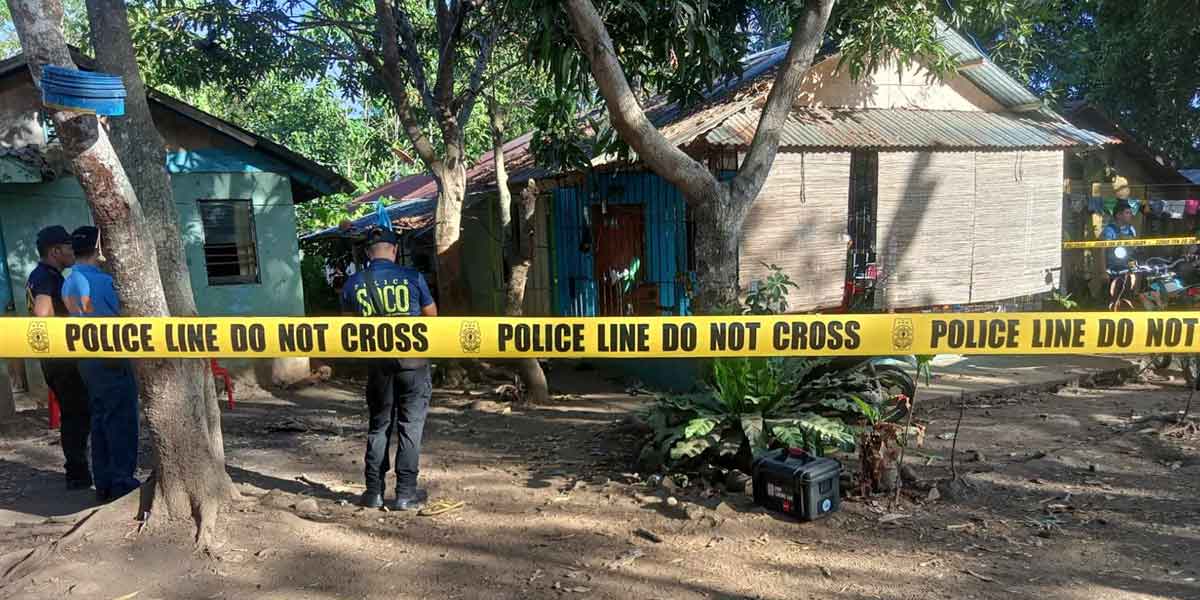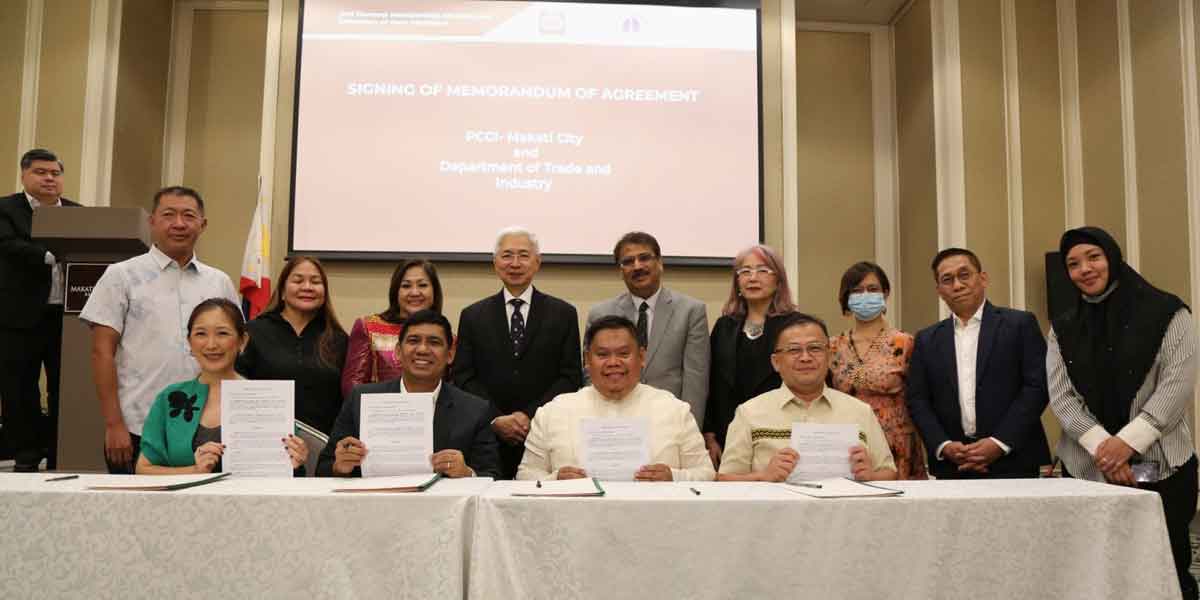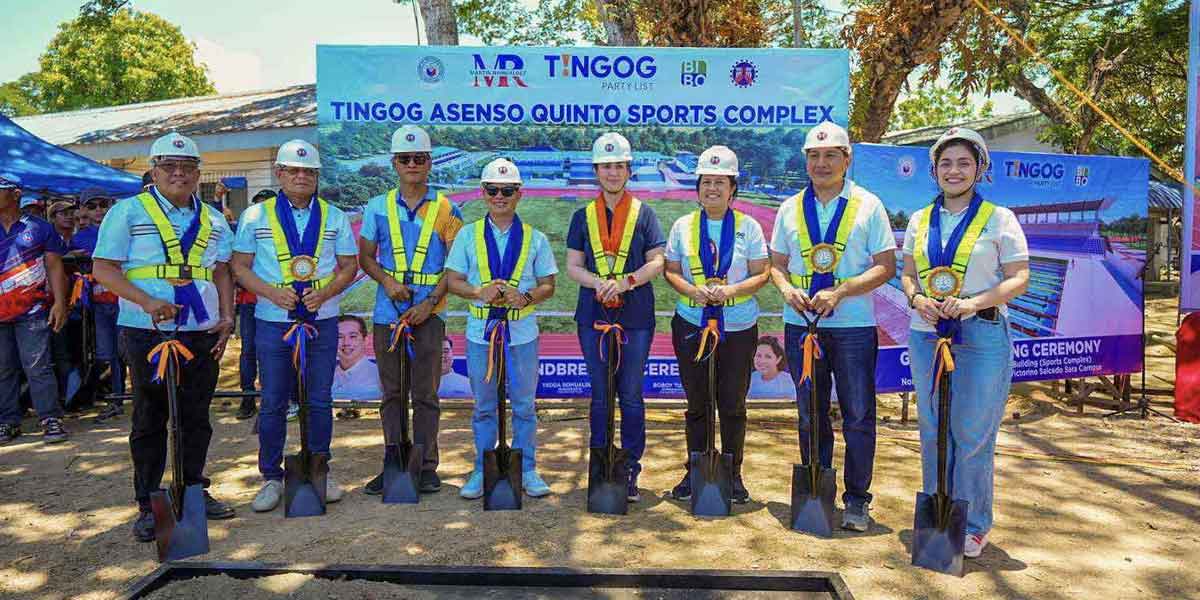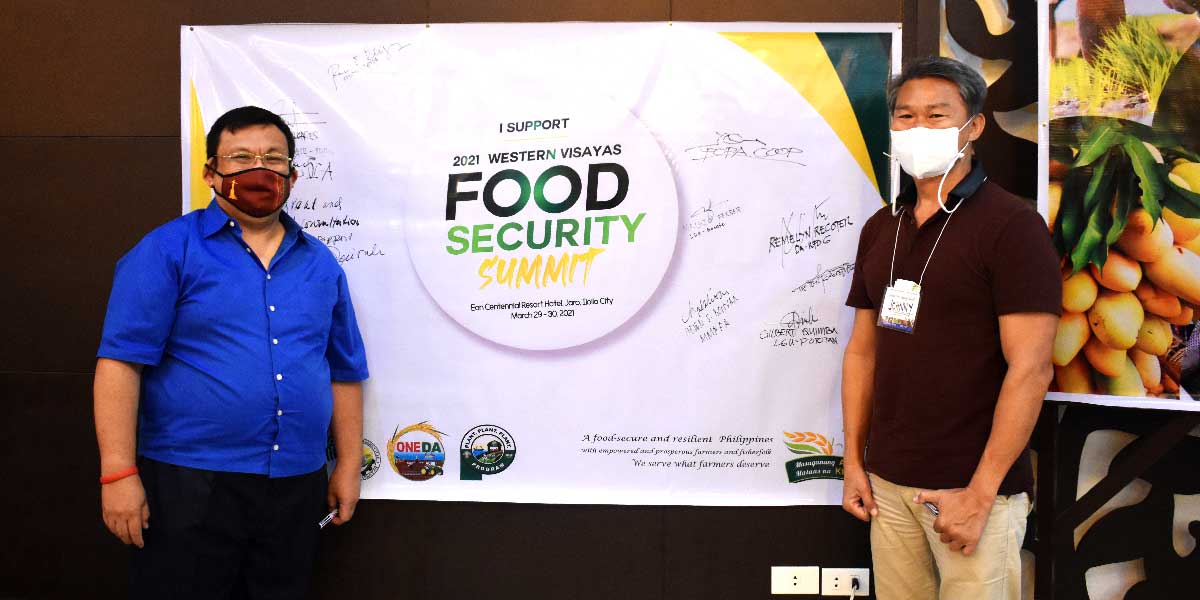
The Department of Agriculture (DA), national government agencies, local government units (LGUs), farmers, private sector, and other key stakeholders discussed several gaps, issues and concerns present in agriculture and had offered equitable actions and mechanisms to steer the growth of local crops, sugarcane, livestock, and poultry industries.
“We need to survive and be resilient to any adversities that the sector will meet. In 2020, our keyword was surviving because of the COVID-19 pandemic and the African Swine Fever. We need to reboot the sector through the principles of New Thinking. And to grow in partnership with the public and private sectors, SUCs, and LGUs,” according to DA Western Visayas Regional Executive Director Remelyn Recoter, citing that the 2021 DA budget proposal anchors on the food security framework.
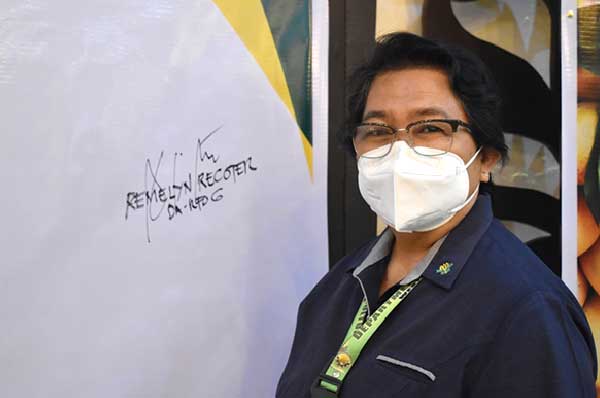
In attaining food secure and resilient agriculture, the DA and partners shall improve production, availability, accessibility, price stability, sustainability, and food safety aspects.
Sectoral representatives have identified the leading challenges in rice, cacao, coffee, yellow corn, swine, poultry, and sugarcane farming.
They derived action plans and recommendations to boost the production volume, inventory, and marketing of the focused commodities which anchor on the 12 key strategies of the department.
“By integrating and modernizing the value-chain system, farmers and fishers can sustain the production of good quality products at a lower cost than the relevant competitors. Their involvement in support services and value chain development is necessary to spur growth in agriculture,” Recoter added.
Stronger partnership with the private sector is needed as the programs on farm consolidation, modernization, industrialization, export promotion, and infrastructure development require adequate budgets and investments.
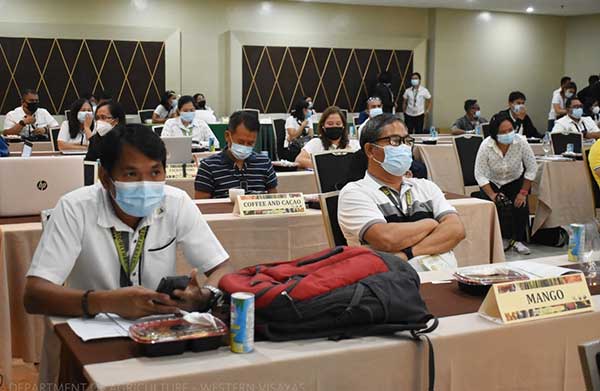
Rice is considered as the major crop being cultivated regionwide, however, farmers here are encountering low production output and yield due to high utilization of low-quality seeds, scarcity and high costs of labor, increasing prices of farm inputs, insufficient irrigation systems, depleted soil health, and the incidence of pests and diseases.
In addition to that, farmers’ profitability is also barred with inadequate marketing and post-harvest assistance.
To optimize rice farmers’ yield and income, DA shall continue subsidizing seeds and fertilizers, train farmers and intermediaries on cost-reducing technologies as well as the application of integrated pest management (IPM) practices and the use of biocontrol agents.
As seed quality is tantamount to production performance, the regional DA office will also propose the revival and expansion of the Seed Exchange Program and will promote the use of inbred and hybrid seeds among farmers.
Subjecting rice areas to soil testing and adopting the Rice Crop Manager technology are also valuable recommendations to attain competitiveness in rice farming.
According to former Regional Executive Director Larry P. Nacionales, Western Visayas maintained its stature as the third highest palay producing region despite its being a rainfed area. The rice sector here contributes 10.48 percent to the national output with 2.29 million metric tons produced in 2020.
“We need to rehabilitate the existing irrigation systems and construct additional facilities. But in some areas which are no longer economically viable to grow rice, we are encouraging our farmers to shift to other commodities such as vegetables, cacao, and coffee,” said Nacionales.
To aid farmers in the marketing of palay and help stabilize the price particularly during the peak of the harvest season, DA will be reactivating the operations of the rice processing centers and will extend buying capital to eligible farmers cooperatives and associations (FCAs). Provision of appropriate milling, drying, and storage facilities will also level up the marketability and will allow value-adding of rice.
The dwindling number of agricultural extension workers is another point to be looked into to better the service delivery and technology transfer to the grassroots. DA intends to partner with the Commission on Higher Education, Department of Education, and the Technical Education and Skills Development Authority in promoting and offering degrees in agriculture, related courses, and even short-termed programs to engage the youths in agriculture.
For the mango industry, Western Visayas ranks fifth nationwide with 51,427.07 metric tons production and 4.9 metric tons per hectare average yield in 2020. The low yield, unproductive trees, infestations, high post-harvest losses, low capita consumption, limited researches, and low volume of exports were determined as prime concerns in the mango sector of the region.
To address these, the stakeholders proposed to conduct techno demonstrations on proper rehab and rejuvenation of unproductive trees, to push for IPM adoption, and to intensify info drive on climate vulnerability and crop protection. Conducting more researches on mango and promoting Good Agricultural Practices are seen to maximize the productivity and export potential of local mangoes.
Meanwhile, the poor cultural management, pests and disease occurrence, and the inadequate supply of quality seedlings largely contribute to the low productivity of cacao in Western Visayas.
The insubstantial post-harvest facilities available to farmers groups led to the production of low-quality beans. As for coffee, similar problems on the lack of supply for quality planting materials, aging trees, and low-grade beans were cited as concerns that need to be addressed.
Given the high global demand for both commodities, the stakeholders agreed to propose for the creation of database systems to include farm profile, product inventory, and other pertinent data of cacao and coffee, the establishment of Bureau of Plant Industry – accredited nurseries, and continued conduct of technology training among farmers.
The poultry industry of the region is hounded by the high cost of production, lack of logistic and marketing supports, limited shared service facilities, inaccurate database, absence of LGU support in preserving the sector from land conversion, unavailability of financing and production capital, and declining supply of native chicken for local market because of the pandemic situation.
Increasing the production yield of yellow corn as raw material for feeds will significantly reduce the input cost of poultry raisers. To push farmers to go into poultry farming, DA will lobby/link farmers to financing facilities.
Furthermore, Western Visayas is one of the four regions which remains free from African Swine Fever (ASF), and it continuously ships hogs to Metro Manila due to its surplus production.
According to Dr. Jonic Natividad, DA Regional Focal Person on ASF, “as of February, our hog inventory is 1,244,118 heads from backyard and commercial farms.”
Apart from the impending threats of the hog virus, the sector is also hampered by the unavailability of low-cost feeds, price fluctuation of live hogs, lack of logistic and infra support, and the limited production area for yellow corn as the main ingredient in feed formulation.
DA Assistant Secretary Hansel Didulo said “in this summit, hopefully our participants will be able to produce quality outputs, be informed of the DA new normal, 12 key strategies, action plans, and will strengthen collaborations between and among the government and the private sector.”
Legislative agenda presented by Aklan provincial governor Florencio Miraflores and Mina, Iloilo mayor Rey Grabato will likewise be included in the regional plans to bolster inclusivity and sustain the gains of the agricultural economy.
Provincial agriculturists, NGAs, academe, and other farming stakeholders across the region also provided inputs and recommendations as the two-day food summit was streamed online.
“As the different sectors — farmers, LGUs, and private groups convened, we were able to assess the top concerns affecting the agriculture growth. The findings and proposals shall then be endorsed to the Central Office for the crafting of the National Food Security Plan in April,” Recoter said during the regional summit held on March 29-30 in Iloilo City. (Story by SMHToreno/Photos by JVDeGuzman/DA-RAFIS 6)

